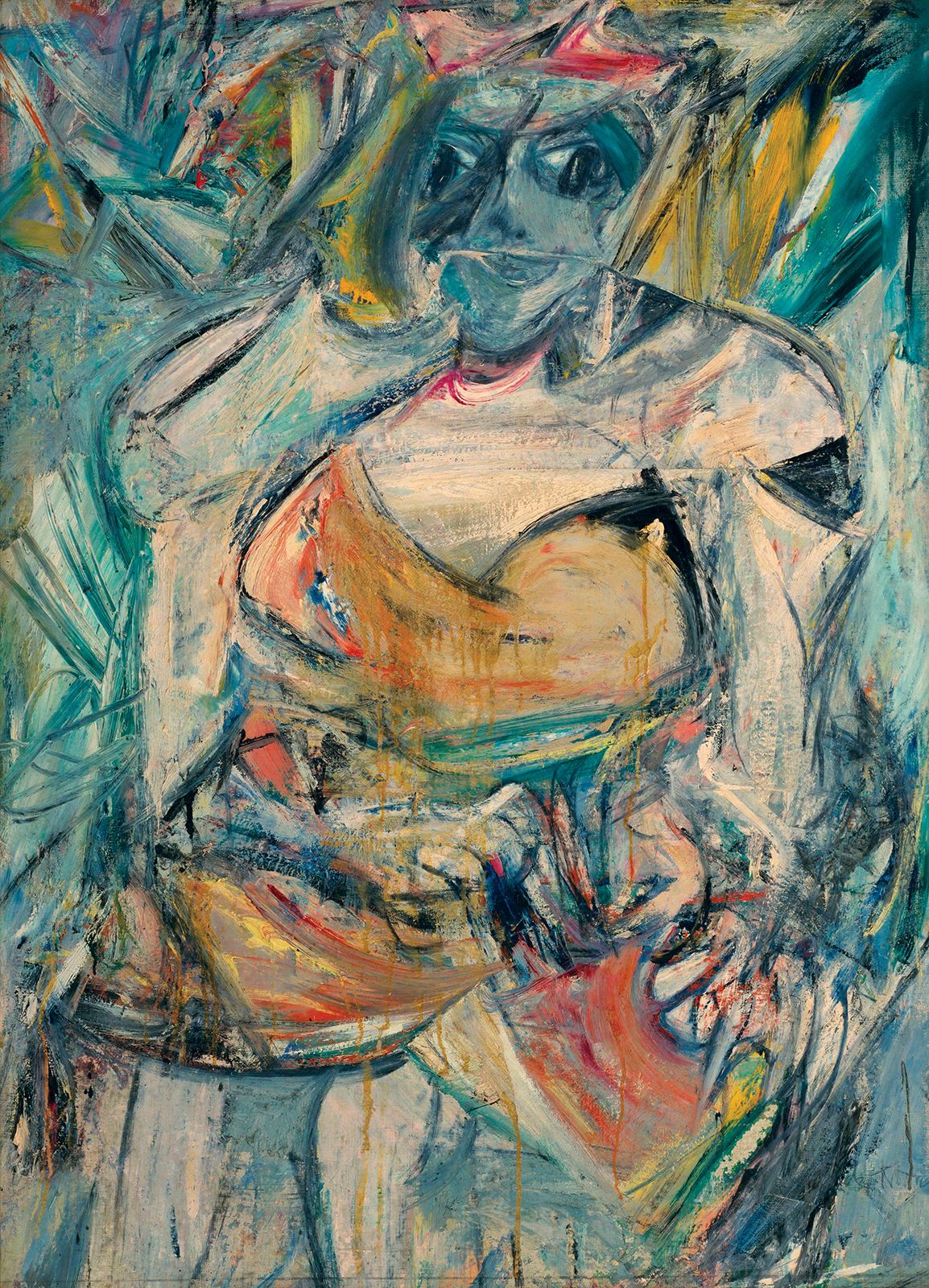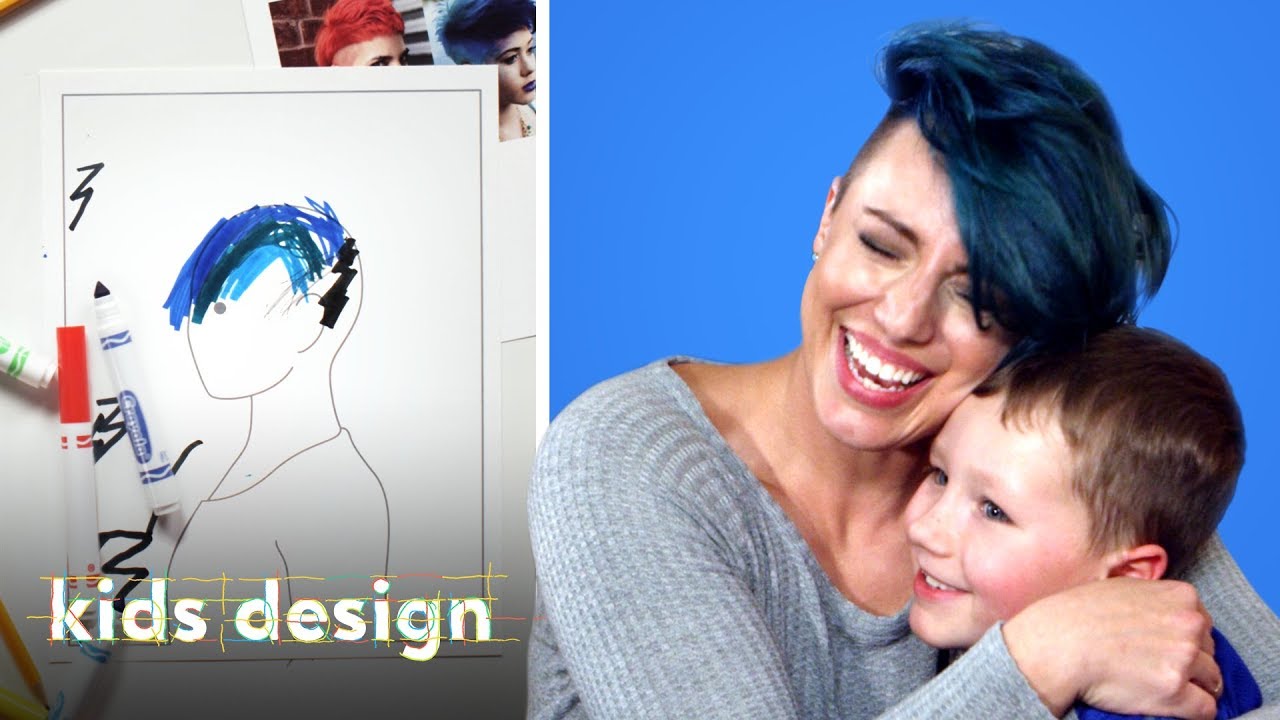
Numerous celebrities have adopted in addition their own children. Some famous examples of celebrities who have adopted include Meg Ryan, Nicole Richie, Lionel Richie, Sandra Bullock, and more. They all share a common interest in helping children foster a sense community. Some of them adopted several children in their lifetimes. Read on to learn more about these famous people and how they have adopted children.
Meg Ryan
Meg Ryan, along with other celebrities, have adopted children. Meg Ryan is proud to have Daisy True Ryan as her adopted child, even though she has Jack Quaid as a biological son. The actress adopted two children from China, Daisy in 2006 and Louis in 2010. Sandra Bullock, too, has announced her adoption. Brad Pitt and Angelina Jolie have also adopted children. They adopted Maddox in 2001 and Zahara Marley in 2005.

Nicole Richie
Nicole Richie and her parents were Peter Michael Escovedo und Karen Moss. Nicole was born on September 21, 1982. Her biological parents had financial and personal problems and were unable to raise Nicole properly. When she was three years old, she moved in at the age of her adoptive family, Lionel Richie & Brenda Harvey. They were both married at that time. Nicole Richie was adopted.
Lionel Richie
Numerous famous celebrities have adopted their children. Some have done so for their own personal reasons. Adoption can provide stability and love for their children. Others adopt to help their children with personal hardships.
Sandra Bullock
Many famous people have adopted children from other cultures, including African-Americans. Sandra Bullock is one of the most well-known, having adopted her daughter Laila when she was three months old. Bullock then adopted another child. It was a lengthy process that took four years.
Jamie Lee Curtis
Jamie Lee Curtis was born on November 22, 1958. She is an actor and author. Apart from her acting, she is also an activist. Curtis has been honored for her contributions in the entertainment industry with several awards. Two Golden Globe Awards for Curtis and a British Academy Film Award were among her many accolades. She also has a star on Hollywood Walk of Fame.

Colin Kaepernick
Colin Kaepernick was a former NFL quarterback and has been an outspoken advocate for social injustice and racism. He is now a Free Agent. Kaepernick talked to VH1 about his adoption story and how it shaped him. The documentary explores race and culture as well as class and sports. Colin Kaepernick has also written a memoir, which will be released soon.
FAQ
How can pop culture be avoided?
We need to recognize when pop culture influences us. It is important to recognize when pop culture influences us. Then, it is crucial that we do not allow ourselves to be influenced. Here are some ways to stay clear of bad influences.
-
Avoid watching violent shows like Game Of Thrones.
-
Spend no time surfing the Internet. Instead, learn from books.
-
You should watch less TV. Spend your spare time engaging in healthy activities.
-
Take care what you post online. You can't delete comments after they have been posted.
-
Check that websites you visit remain safe. Before you submit personal information, make sure they are checked.
-
Do not allow anyone to force you into doing anything dangerous.
Talk to an adult if you feel like you are becoming dependent on pop culture. You can reach out to your local library or National Center For Missing &exploited Children (1 800-THE LOST).
Why is pop music so popular?
Pop music is loved because it is enjoyable! Pop music is uplifting and can give you a great feeling of freedom. Pop music is a popular choice and people can think about whatever they want. They don’t have to worry what other people think. Pop music is a hugely popular genre. People enjoy listening to music that makes them feel good. Turn on the radio to hear upbeat music if you're feeling low. You might even find yourself singing along. Pop music has been immensely successful over the years.
What are the best examples of pop-culture today?
Pop Culture is the art form of the 21st century. Pop Culture includes all forms of popular entertainment such as music, film, TV and video games, fashion, advertising and comics. Author Neil Postman coined the term in his book Amusing Ourselves To Death (1985). Pop refers to mass communication that uses formulaic and cheap tricks to create an illusion or spontaneity.
He noted, however, that many people do not feel true enjoyment due to their conditioned desire to find media experiences that make others feel superior. He also argued that cultural expression has contributed to the decline in critical thinking skills among young adults.
Pop culture can also be referred to by the terms popular culture or consumerism.
What can pop-culture teach us?
Modern society places more emphasis on material possessions than other things. This is especially true of young people. They spend hours daily looking at screens. They spend hours looking at screens, playing video games, and surfing the internet. They lose focus of school work because they are constantly distracted by these distractions. This causes them to fail classes.
We live in a world where everyone wants to fit in. That means being popular. Popularity depends on money, clothes, and other possessions. This makes it easy for some people to do wrong.
Technology has made us too dependent. Technology has given us access to all kinds of information. Not everything is accurate. False rumors are all over the Internet. These rumors spread quickly because people share them on social media sites. It's easy to post something without checking whether it's true.
People have lost their ability to think critically. They believe what they see online. They believe what is written in magazines and on television. They stop thinking about themselves. Instead, they follow the crowd.
We lose control over our lives when we rely upon others to tell the truth. Pop culture teaches you to depend on others. It also makes us lazy. While the truth is often out there, we don't always know it.
What is pop culture?
Pop culture is all around. It is everywhere: TV, radios, films, music, magazines and newspapers, websites, social media, etc. We are surrounded by it 24/7. It has an impact on everything: music, clothing, language and politics. So what exactly is pop culture? According to Wikipedia, "Popular culture (or popular culture) refers to the products and ideas produced for mass consumption in society." Many believe this applies to entertainment such as movies, TV, music and fashion. Pop culture goes beyond entertainment. Pop culture refers to everything that's consumed by the masses. This includes fast food and video games as well as toys and clothing.
How did pop culture develop?
Technology drove the development of popular culture. It developed as people became more mobile. The radio revolutionized mass communication. This made it possible to create television, which was then used to develop the internet.
Computers became popular at home when people were introduced to computer games. These games were played on consoles, such as the Nintendo Wii and Sony Playstation3. You can now download them online for free. Many people choose to play videogames instead of watching television.
Video games are very common among children and teens. They can be played alone or with friends via the internet. Call Of Duty games and Grand Theft Auto have a lot of violence. Some parents are worried about their children playing these video games. Others find it exciting to see what happens when a character dies.
Music videos are another way that pop culture influences youth. They offer information on current celebrities and trends. They are loved by young people. There's no doubt about it: music plays a big part in our lives!
Music videos are often made by artists who add special effects to their songs. To make their appearance more attractive, rappers may wear makeup or wigs. Others musicians go through extreme physical challenges in order to showcase their bodies. Many singers are able to sing while wearing costumes.
Today there is so much music to choose from. You can listen to anything you want. But this isn't always good news. Sometimes music can encourage violence. People become angry when they hear certain lyrics and words. Sometimes, they even commit crimes.
This happened recently with rapper 50 Cent. The line from his song Get Rich Or Die Trying is "I'm going down a motherfucker / I don’t know why, but I might." Someone heard this song and thought it meant that he was going to kill someone. A man threatened him by calling him. 50 Cent changed the lyrics. It now reads: "I'll shoot an inchch down/ I'm not sure why, but I may."
Popular culture is essential. It's important that we understand how it affects and impacts us. If we don't, we won't be able to protect ourselves against its adverse effects.
What are some examples pop culture trends for 2020?
The music industry is evolving rapidly. We saw artists like Travis Scott and Post Malone reach number 1 on Billboard’s Hot 100 chart. This was an extraordinary feat for any artist.
The same holds true for streaming services. Spotify reported streaming over 10 million hours of audio last year. This is five times more than what Spotify users listened to just five years back!
This has caused a significant shift in media consumption. People now spend most of their time-consuming content rather than creating it.
Today everyone from toddlers to retirees has access to a device capable of playing back high-quality audio content. This means that anyone can record, edit, mix, and release their music.
To play your favorite song you don't have a degree in classical music theory. Download an app, add your voice, then upload them to YouTube.
Don't worry if your not interested in making music. You can always watch other people do it. You can find countless channels that make videos of songs, from parodies to covers.
Statistics
- Recently, the market share across Western Europe has ranged from 60-75% (Hopewell, 2013). (socialsci.libretexts.org)
- Latinos represent roughly 19% of the U.S. population. (npr.org)
- [17][18][19]Definition[edit]According to author John Storey, there are various definitions of popular culture. (en.wikipedia.org)
- In 1987, US films captured 56% of the European film market. (socialsci.libretexts.org)
- Yet a Nielsen study shows they account for 42% of the country's most-watched content on streaming services. courtesy Nielsen (npr.org)
External Links
How To
What are some notable pop culture references?
Americans were obsessed with space travel in the 1960s. Star Trek was at the time the most watched TV show.
From 1966-1969 the original series aired over on NBC. The series starred William Shatner playing Captain Kirk, Leonard Nimoy portraying Mr. Spock and DeForest Kelley portraying Dr. McCoy. James Doohan played Scotty. Majel Barrett Roddenberry was Uhura. Nichelle Nichols was Lieutenant Nyota Uhura. Walter Koenig was Pavel Chekov. Grace Lee Whitney was Yeoman Janice Rand. (Wikipedia)
The first feature film made from the series' story was released in 1967. Paramount Pictures released it under the title "Star Trek." Robert Wise directed the film, which featured an ensemble cast, including William Shatner (Leonard Nimoy), DeForest Kelley (James Doohan), Walter Koenig and Majel Barrett. Roland Nichelle Nichols. George Takei and Grace Lee Whitney. (Wikipedia)
In 1968, the second season of the television series began airing. The crew traveled back in time to 1969 for this season. (Wikipedia)
In 1971, the third season began airing. This season introduced a new character named Commander Richard A. Morn. He was a Starfleet officer who had been born on Earth in 2063. (Wikipedia)
"Star Trek: Planet of the Apes", a live action spinoff was also available during this time. It aired on the air between 1972 and 1974. (Wikipedia)
The fourth season debuted in 1973. Two new characters were introduced in this season's fourth season: Ensign Ro Laren and Lieutenant Ilia. Marina Sirtis played them both. (Wikipedia)
In 1975, the fifth season of the television series premiered. This was the last season that aired before the franchise went into hiatus. (Wikipedia)
After the television series was cancelled, numerous attempts were made at its revival. Some of them included the 1977 pilot episode "Where No Man Has Gone Before" which was not able to find a studio or network partner. (Wikipedia)
There has also been a 1998 animated series called "Star Trek: New Voyages". It lasted only 13 episodes. (Wikipedia).
The sixth season of the television series was returned to TV in 2009 after a seven year hiatus. It was titled "Enterprise". It aired for five years, until 2013. (Wikipedia)
This era also saw the production of three feature films. The first was released in 1979. It was titled "Star Trek: The Motion Picture". Nicholas Meyer directed it. It starred William Shatner and James Doohan as well as Leonard Nimoy and Walter Koenig. Majel Barrett Roddy and Ricardo Montalban were also featured in the film. (Wikipedia)
The two next movies were released in 1982, and 1987, respectively. They were called "Star Trek II: The Wrath of Khan" and "Star Trek III: The Search For Spock". Nicholas Meyer directed them both. (Wikipedia)
In 2001, the seventh season of the television series aired. It was called "Encounter at Farpoint". It was the first episode in the show's history that did not include any guest stars. (Wikipedia)
2005 saw the airing of the final episode. It was titled "All Good Things...". It was written in Ronald D. Moore. David Livingston directed the film. (Wikipedia.)
In 2008, a brand new Star Trek TV show premiered. It was called "Trek Nation". It's currently being broadcast on CBS. (Wikipedia) "Trek Nation" is a story about a group of people with different backgrounds who join forces to create their version of United Federation of Planets. Their goal: to help other worlds reach peace. (Wikipedia). "Trek Nation", an intriguing concept, shows how diverse people can work together and create good things. (YouTube Video)
It's worth reading books on Star Trek's timeline. Gary Wolfe has a book called "Star Trek Chronology". You can find many other books online.